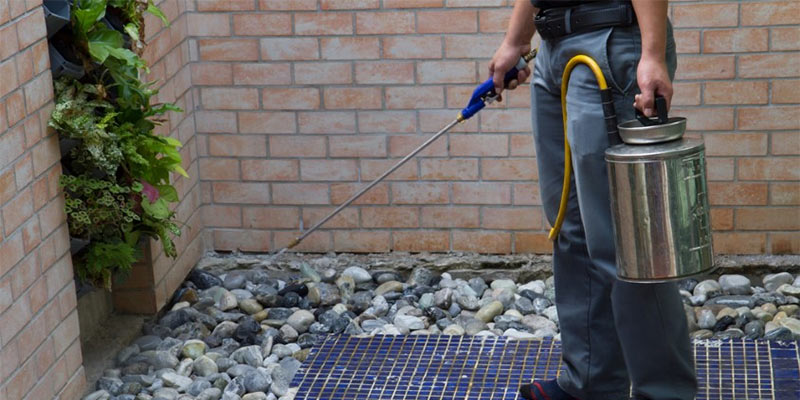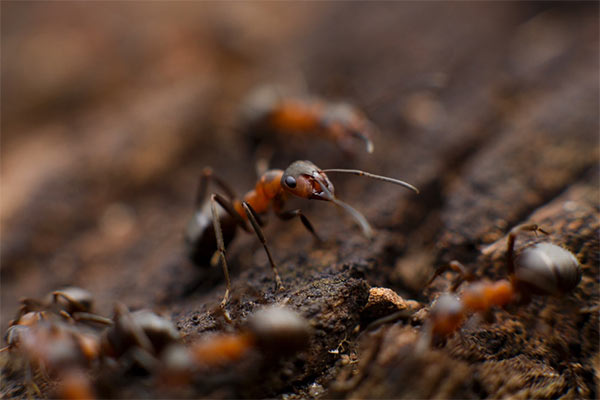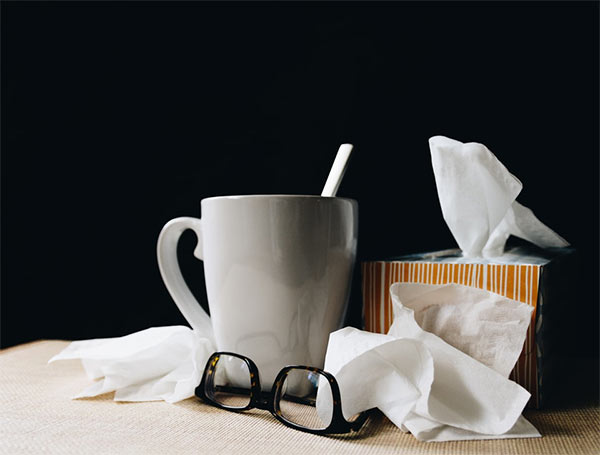
Thanks to growing urbanization, weird new neighbors aren’t the only thing you need to worry about. The presence of pests within both commercial and residential spaces is enough to make even the thickest skin crawl.
To solve the problem you may be very quick to call out local pest controllers to take care of the problem. What people don’t always consider are the harmful chemicals you come into contact with during these situations.
There are so many methods of pest control on the market; and not all of them human health proof.
Use this guide to stay well informed of the methods and risks that pest control poses to you & your family. Your life may very well depend on it.
What is Pest Control?
Pest control residents may require is the process by which trained coordinators attempt to bring pest presence to a manageable or entirely eradicated level.
Pests in any space pose as both a burden and a health risk to those within the vicinity. Apart from health concerns, pest presence can result in extensive damage of property over long periods of time. This is caused by slow consumption of walls, ceilings and personal belongings.
Pest control can be brought in in both the early or dire stages of pest presence. The simplest ways to confirm presence of pests are through the following:
- Presence of droppings
- Strong scent of urine
- Scratching or rustling noises in the walls or ceiling
- Actual pest sightings
In the event of Melbourne pest control being brought in; the tenants of the residential or commercial space would need to evacuate the premises.
The kinds of pests that these specialists seek to target can be any of the following:
- Insects
- Plant form pests
- Rodents
- Fungus
- Larvae
- Bacteria
- Marsupials
Different Types
Thankfully, there are more than a few methods by which to deal with different pests. Some less harmful than others. Some less invasive than others.
Let’s explore the various methods currently available within the pest control market.
Organic
Those who value a more non-toxic household would opt for this method of pest control. A combination of natural, biodegradable poisons would be used for the organic approach.
When sprayed across a specific area the poison will help to repel the pest in question. This is more of a preventative, non-invasive way of ushering pests off of the property. It usually means you will never have to come into direct contact with them.
Organic pest control is the advisable solution to try out first. Resort to more harmful chemicals should this one prove ineffective.
Biological
The biological method involves manipulating your environment to make it unappealing and even dangerous to the pests. Typically used in greenhouses and gardens, biological pest control is intended for the outdoor pest.
It involves the introduction of predators and pathogens that are usually harmful for a specific type of pest. Bringing these elements into an environment will cause disruption to the haven in which the pest has begun to thrive.
This method is usually safe for human and animal life within the surroundings.
Chemical Pesticides
The least favorite of the bunch. However, it’s often easier, since chemical pesticides are easier to get hold of than most natural alternatives.
Your pest controller can provide the chemicals, or you can purchase them yourself at any old supermarket.
Most DIY pest control products are simply harmful compilations of chemicals. They rarely get rid of pests in a humane fashion. Usually, the pests don’t make it away from these chemicals alive.
Keep in mind when using chemical pesticides that they may leave a trail of pest bodies behind that you will have to clean up. Gross!
Hygiene Control
There is one method that involves absolutely no toxins at all, but rather strategic hygiene to get the job done.
Pests are not particularly partial to clean spaces. They value chaos, dirt and places that seem like they might grow or offer food at some point.
Taking steps to keep your home or office space extra clean can be an effective method of pest control. And without any health risks to you:
- Wrapping up food before putting it in the trash will block the scent from lingering pests.
- Seal off your septic tanks and drains for added precaution — pests love these!
Health Risks
There is much debate around pest control treatments and your health. Unfortunately when it comes to toxic chemicals it’s usually only a matter of time before your health takes a turn.
Some of the more serious health risks of short-term pesticide exposure include:
- Respiratory and breathing issues
- Visible rashes and skin irritation
- Seizures
- Eye and head fog
- Nausea
Long-term exposure to pesticides has been linked to the development of asthma, Parkinson’s and even cancer. Children are at higher risk than adults as their immune systems tend to be weaker.
Therefore, it is no surprise why more and more people are turning to safer means of pest control when faced with the problem.
To Conclude
Unfortunately we must accept that we do share the Earth with these pesky neighbors. If we are forced to co-exist, then let’s do so in a way that isn’t harmful to our own health in the process!
Opt for the safer, non-toxic methods of pest control to get your household or office space in the clear.
Don’t let your health take the backseat on this one.


